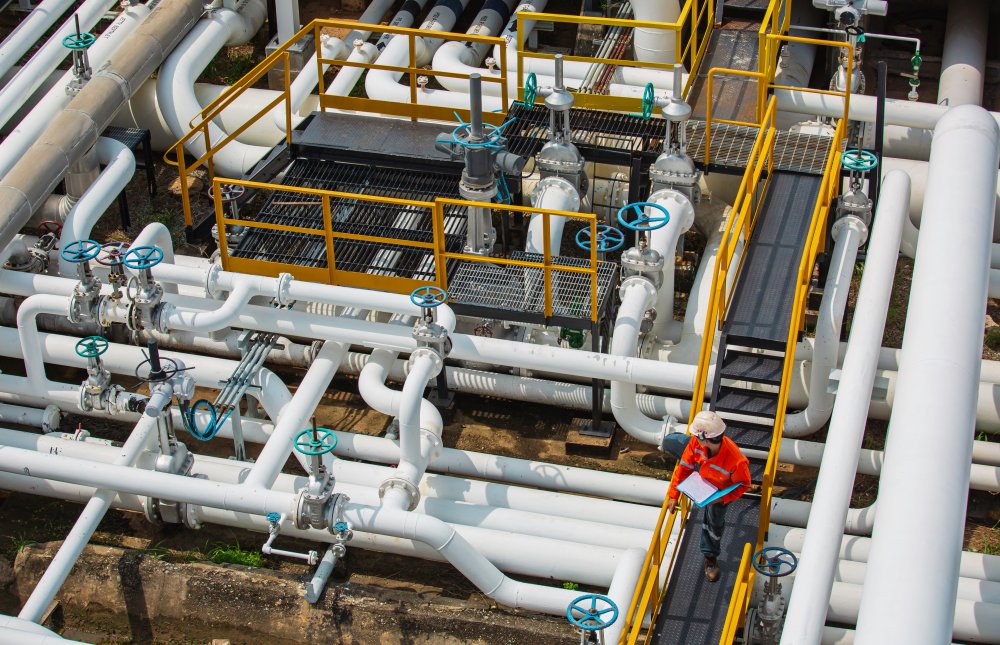Maintaining a Compliant PSM Program: Mechanical Integrity
April 13th, 2023

OSHA’s Process Safety Management (PSM) Standard (29 CFR 1910.119) contains 14 key elements to establishing and maintaining a compliant program, with one of these elements being Mechanical Integrity. The mechanical integrity element is in place to ensure facilities maintain process equipment in accordance with the design intent of the covered process, and specifically that of maintaining safe operations. Having a thorough and well-established mechanical integrity program not only reduces overall risk associated with operating a PSM covered process, but also increases process efficiency and reduces potential down time associated with equipment issues.
Under the PSM standard, mechanical integrity requirements apply to the following equipment:
- Pressure vessels and storage tanks
- Piping systems (including piping components such as valves)
- Relief and vent systems and devices
- Emergency shutdown systems
- Controls (including monitoring devices and sensors, alarms, and interlocks)
- Pumps
Additionally, each inspection and test on process equipment must include the following information:
- Inspection date
- Name of the inspector
- Equipment serial number or another identifier
- Inspection description and results
A proper mechanical integrity program should include not only new equipment inspections to ensure proper installation, but also preventative maintenance programs, quality checks, and equipment repair or end of service schedules. Additional key components to a well established and compliant mechanical integrity program include the development of written procedures to maintain the on-going integrity of process equipment, and training for employees involved in the mechanical integrity activities.
When it comes to process equipment inspections, the frequency should follow the manufacturers’ recommendations, industry standards (such as ASME, API, and STI for new, and in-service tanks and piping inspections), and good engineering practices.
Jake Tracy, QISP, Senior Project Consultant at HRP Associates, Inc.








